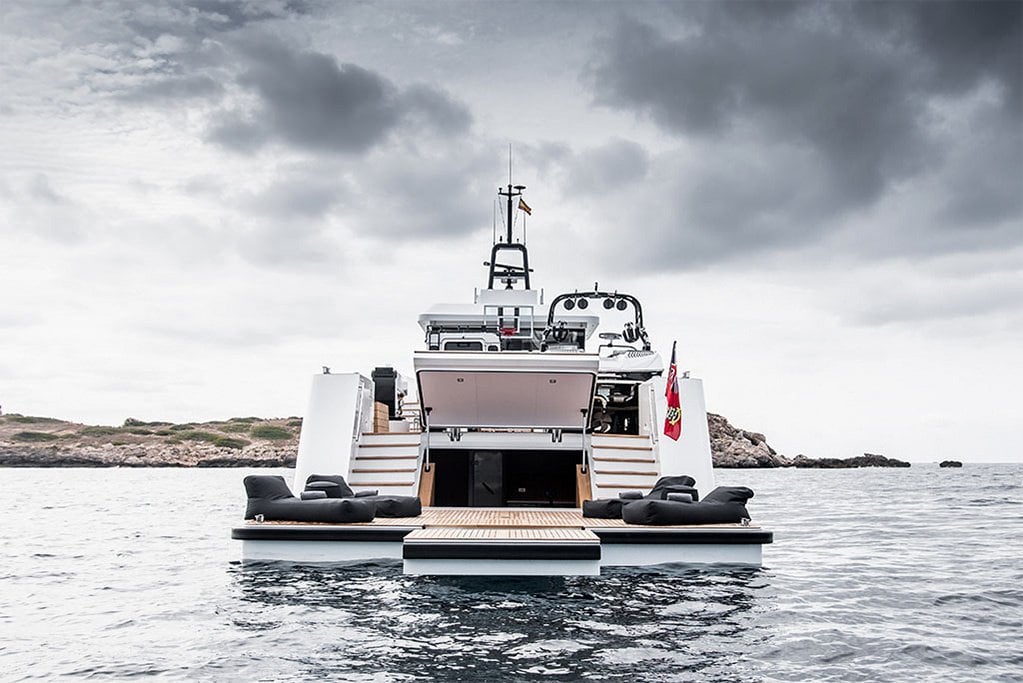
Say Goodbye to Flying on Commercial Airlines For Good!
If you’re considering purchasing a private jet for all your travel needs, there are a few key things to keep in mind as you begin shopping around. A jet is an investment and not a purchase to be taken lightly. After all, you’re going to trust it to carry you thousands of feet into the air and spend lots of time onboard.
To make sure you get the best jet for your money, consider these eight tips on how to buy a private aircraft.
Consider How Often You’ll Use Your Jet
Before you begin the search for an aircraft for sale, you must think about how you’ll use it. In general, for purchasing a private aircraft to be feasible, you should plan to fly at least 200 hours per year. Anything less than that, you may find charter flights, jet card subscription programs, or fractional ownership to be a better bet for you.
Decide on the Amenities You Need
Not all private jets are luxurious. Some are downright utilitarian! If all you need is a plane to get you from point A to point B with no frills, then you likely aren’t looking for anything with a long list of cabin amenities. However, if you’re thinking of your aircraft as being your home in the skies, you’ll want to decide which amenities you must have, and which you may be able to live without.
Some amenities include:
- Private staterooms or multiple living areas, divided by partial or full walls
- Luggage compartments, both interior and exterior
- Basic lavatories versus one with a stand-up shower or extra space for wardrobe changes
- Galleys built for basic snacks and drinks, or a full gourmet kitchen
- A crew compartment for a personal flight attendant
- Televisions and entertainment systems
- In-flight Wi-Fi and satellite telephones
- Full-height cabin
- Divans or regular seating
- Electric outlets or USB charging ports for passenger use
What Your Pilot Needs
Have you already hired a pilot? If so, they should weigh in on the avionics aboard the aircraft. Avionics are the electrical systems used on jets that guide the pilot and provide important information on the flight. Your pilot may not be familiar with all avionics systems and may have a preference for a certain brand or type.
Consider Aircraft Size
How large does your aircraft really need to be? If you’re going on short flights in your country, you may not need a large jet. However, if you plan to take trips that traverse oceans, a larger jet will be your best bet, as they tend to be able to fly farther.
Where will you be landing? Not every airport can accommodate planes of every size. Research take-off and landing requirements of the jets you’re considering and compare them to the runway length at the airports you’ll most likely use.
Understand Aircraft Mileage
Unlike cars, an aircraft’s lifespan isn’t determined by how many miles are on the odometer. Instead, it’s the number of cycles that make a difference to a jet. Cycles count the number of times a jet has taken off or landed.
The useful life of a jet varies from manufacturer and model, so make sure your research includes how long a maker expects their jets to last.
Research Annual Operating Costs
Once you’ve bought your plane and paid your pilot, you still have expenses left that must be paid annually. These include things like hangar rental fees, crew and pilot training, insurance, maintenance plans, fuel, and much more.
In general, the larger the jet, the more expensive the annual operating costs are. However, there is even some variance between the jet makers, like Embraer, Gulfstream, Dassault, and Bombardier. You might be able to save a little bit of money choosing one manufacturer over another, in terms of your annual operating costs.
Work with an Aircraft Dealer or Broker
A reputable aircraft dealer or broker works in your best interests to find a jet that meets your needs and negotiate the sale. Most of these people have access to information on planes for sale around the globe. Buying without their expertise is not advised, unless you yourself have immense private aviation experience.
Always Ask about Maintenance Records
Most jets have been meticulously maintained, and every bit of maintenance they’ve received is documented. Although jets with such complete records may be a little more expensive to purchase, these records can give you peace of mind and confidence in your investment. Asking to review the maintenance records can help you narrow down your options.
Ready to Buy?
If you’ve completed the research phase and you feel ready to find the private jet of your dreams, we wish you all the best! Buying a jet is quite exciting, especially when you think of all the great places you can travel for work or pleasure, in the security and privacy of your own personal aircraft.





